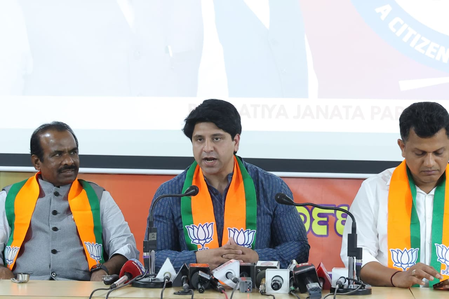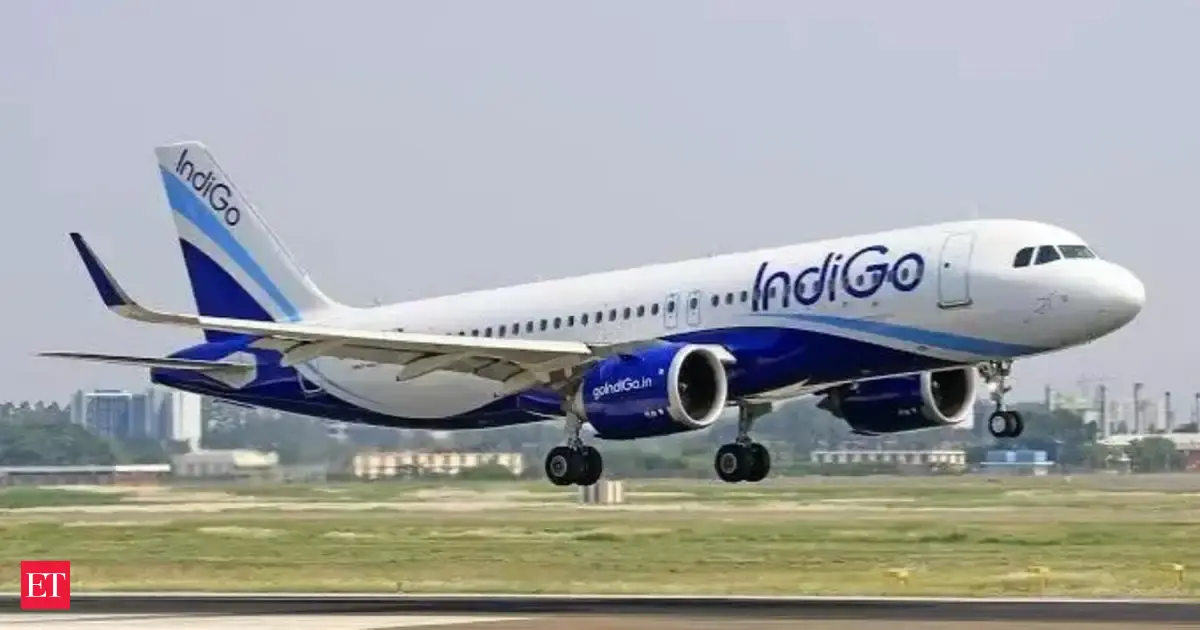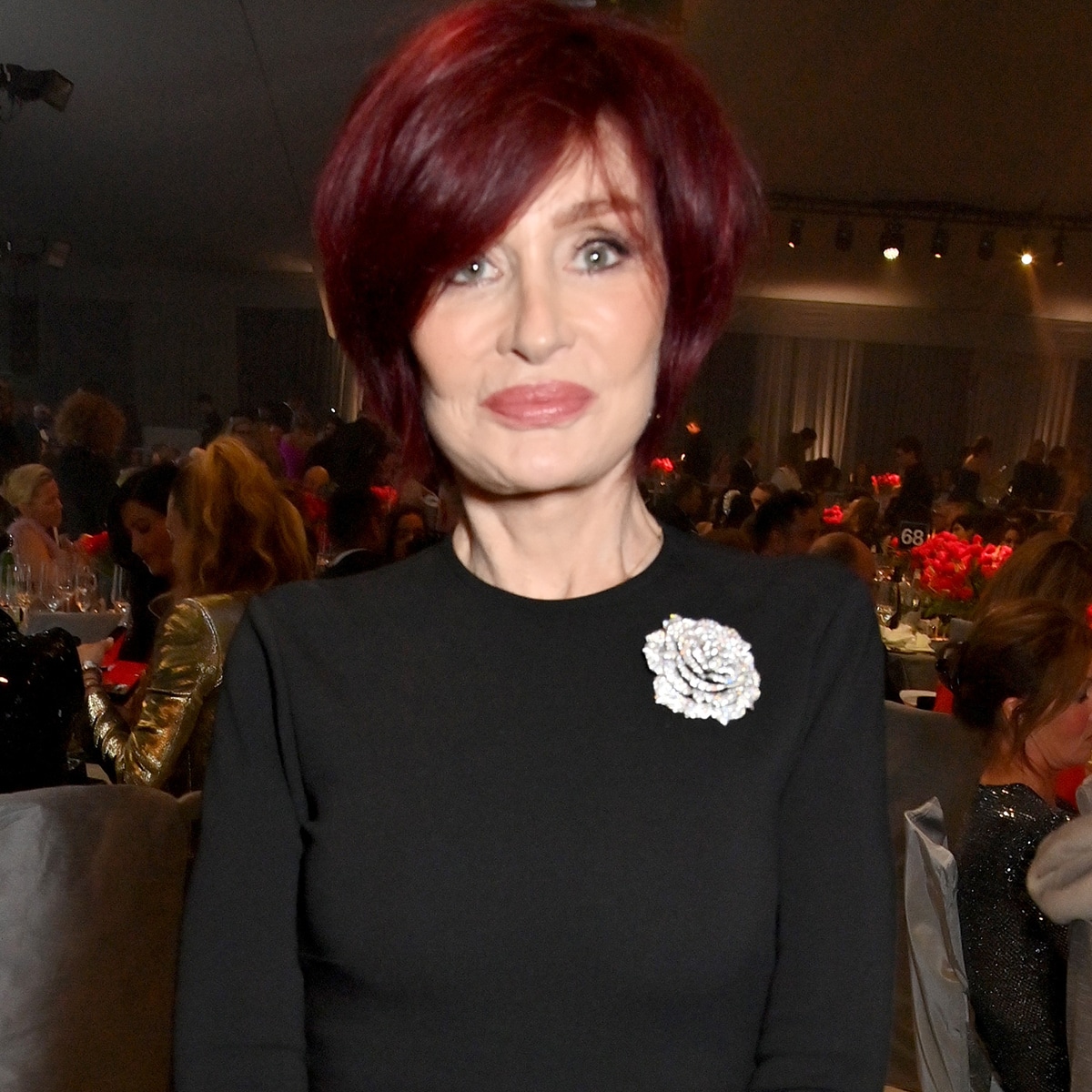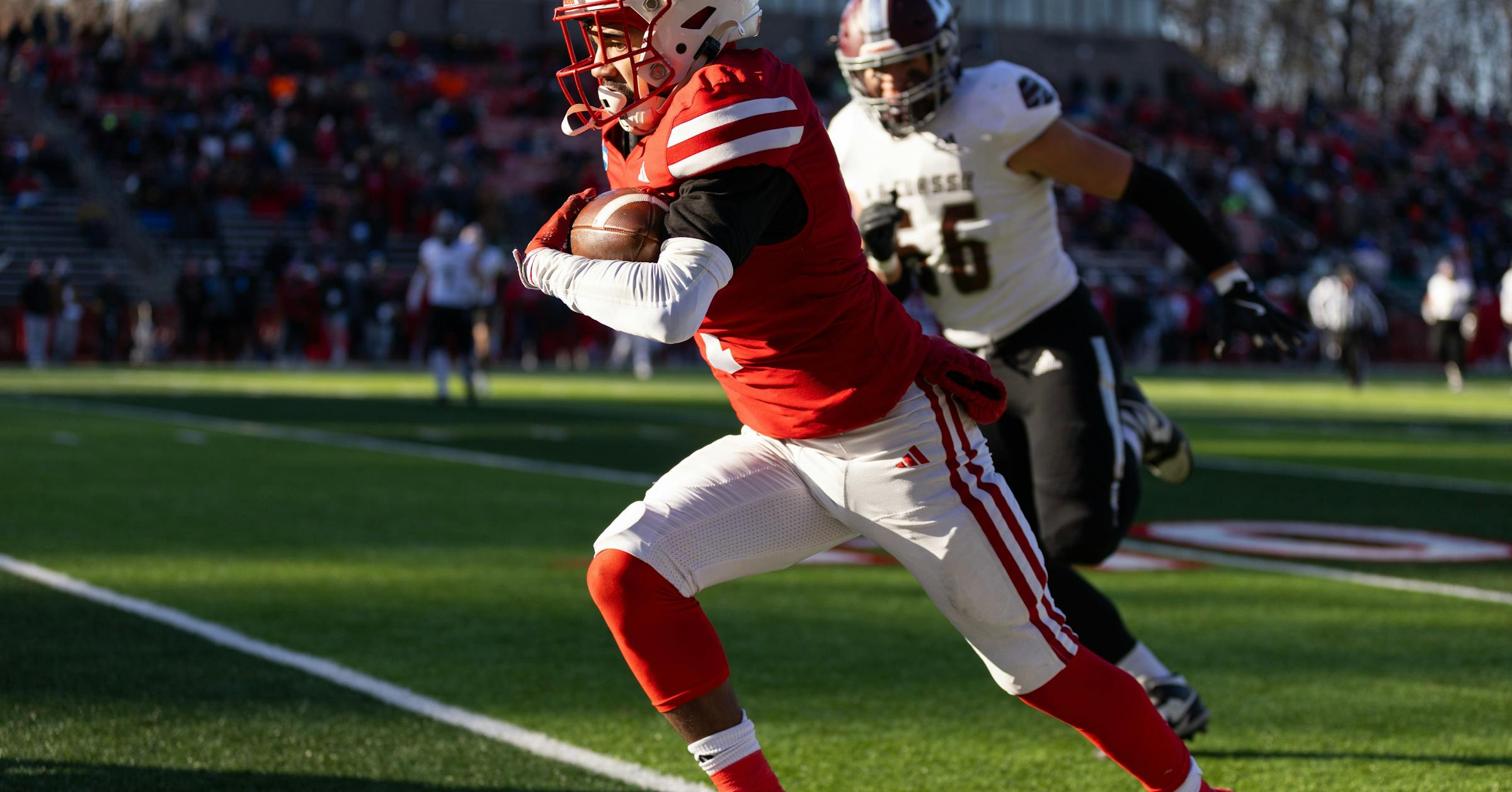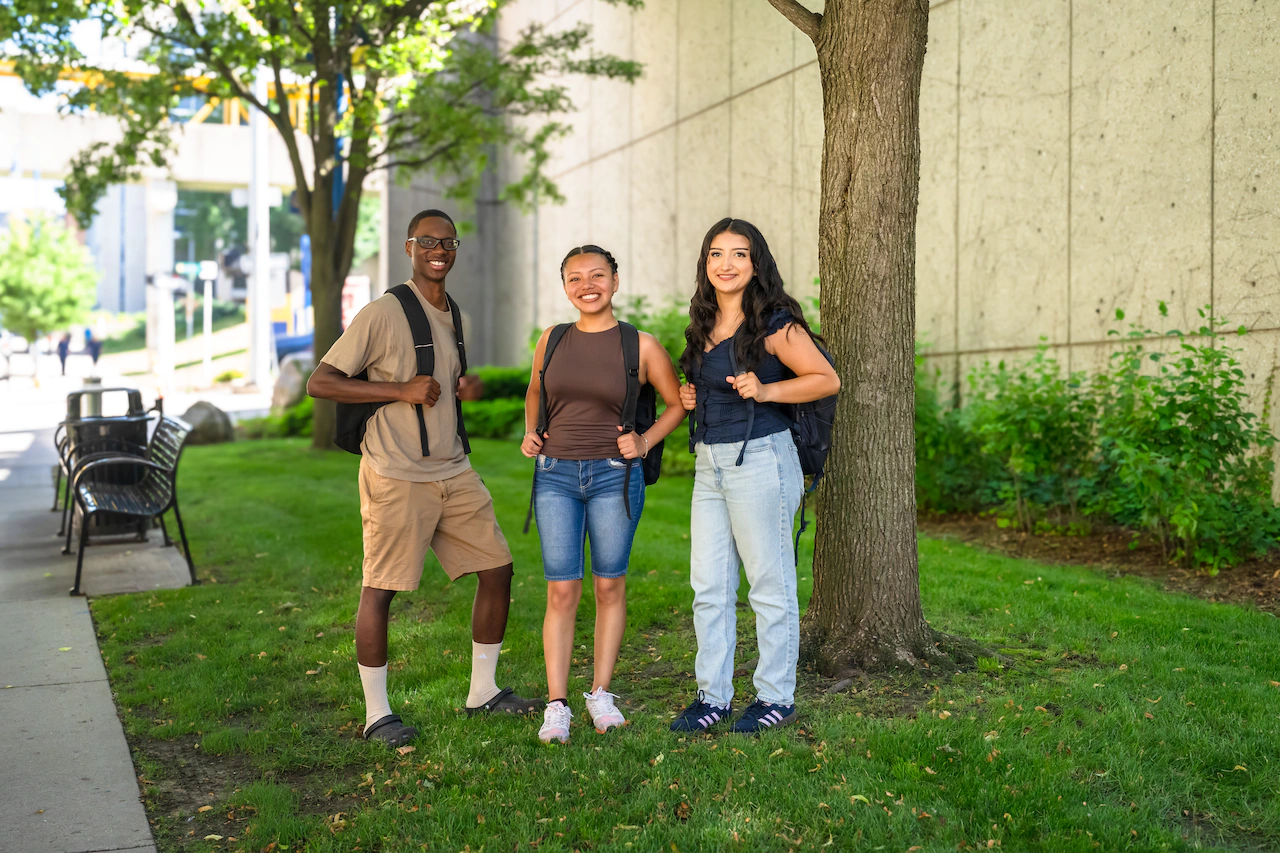
GRAND RAPIDS, MI – For two years, Grand Rapids Community College sophomore Alexsandra Aguilar-Delgado has planned to earn her associate’s degree and transfer to nearby Ferris State University.
Those plans will soon be a reality, and they’ll come without a large tuition bill for the 19-year-old studying plastics engineering technology.
Aguilar-Delgado, who enrolled at GRCC after graduating from City High Middle School, is one of hundreds of Grand Rapids students who will soon qualify for up to $14,000 per academic year towards the cost of their bachelor’s degrees.
They’ll do so through an expansion of the Grand Rapids Promise Zone Scholarship.
The scholarship currently provides eligible students within the city limits with a tuition-free associate’s degree at GRCC. Soon, it will also cover a large portion of the cost of tuition and fees for students who earn their GRCC degree and wish to continue their education at either Ferris State or Grand Valley State University.
The agreement is the first city-wide partnership between public, public charter and private schools in Grand Rapids history.
Tom Dejonge, chair of the Grand Rapids Promise Zone Authority Board of Directors, said he believes the expansion may make GR Promise the first partnership of its kind in the state.
“It speaks to Grand Rapids,” he said. “It speaks to the unique quality of educational partnership in the city of Grand Rapids.”
While the Promise Zone scholarship has been funding associate’s degrees for five years now, DeJonge said it was always the goal to ultimately help pay for students earning four-year degrees.
“We started small to make sure we did it well, but this was always the hope,” he said.
How does the expansion work?
A 2009 law in Michigan allowed promise zones – or state guarantees to provide college scholarships – in 10 Michigan communities with above average rates of childhood poverty. The promise zones were meant to promote community revitalization.
Then in November 2017, former Gov. Rick Snyder signed legislation increasing the number of Michigan’s designated promise zones from 10 to 15, creating the opportunity for Grand Rapids to nab a spot in 2018.
By January 2020, the Grand Rapids Promise Zone Authority Board had signed off on the plan to give free tuition to Grand Rapids students, specifically those living within Grand Rapids and graduating from a designated high school within the city limits.
For five years since, the scholarship – part of a partnership with GRCC – has covered up to 72 credit hours, or at least two years, at the community college.
Students must take at least six credits in the fall and winter semesters to remain eligible, but can take up to five years to finish their degrees. They can attend full or part-time, and also receive $500 stipends for books, supplies and fees associated with their courses.
The program in its fifth year has supported a little over 2,000 students so far.
Now, those students graduating with their GRCC associate’s degree can elect to continue their education at either Ferris or GVSU.
Starting in January 2026, they’ll become eligible for up to $14,000 in aid.
Beginning with the Class of 2021, the Promise Zone scholarship will cover up to $7,000 per academic year at either higher education institution. The funds can be applied to the cost of tuition, fees and on-campus housing to help with the pursuit of a bachelor’s degree.
The scholarship is “last dollar,” meaning once a student’s total need-based grants are determined, eligible students would receive funds to pay the remainder of their bill for tuition and mandatory fees.
Each four-year institution will also provide up to $7,000 per academic year, if there is a gap in tuition and fees.
DeJonge said partnering with Ferris and GVSU was a natural choice, given both universities’ visible presence in downtown Grand Rapids.
Ferris State President Bill Pink, who served as GRCC’s president when the Promise Zone was created, said it’s been incredibly gratifying to “have been on the front end of this to help push people into this pipeline.”
“Now, I’m blessed to be on the other hand to pull (students) through this pipeline, to help them finish this thing.”
Noe Mendez-Perez, a 2022 graduate from Innovation Central High School, is a GRCC student finishing up a business degree this fall. He’ll then transfer to GVSU in January.
“My journey wouldn’t even be possible without the help of GR Promise,” he said.
A first generation college student, Mendez-Perez said he enrolled in GVSU several years ago, and “my first time didn’t go as planned.”
He left the university and enrolled at GRCC through GR Promise. After receiving connections and support, Mendez-Perez said he’s now up to a 3.0 GPA.
“I’m ready to go back to finish what I started that first year,” he said.
How will the expansion be funded?
The GRCC portion of the Promise Zone scholarship will remain largely unchanged, DeJonge told MLive.
The Grand Rapids Promise Zone scholarship was initially funded using a combination of private and corporate donations and investments.
Starting in 2022, the scholarship was also funded in part by capturing “tax increment financing funds,” meaning a portion of the City of Grand Rapids’ State Education Tax was set aside for the program.
The promise zone started collecting that money in 2020, but couldn’t use it until two years later. DeJonge previously explained it as a replacement over time, from philanthropic donors to tax dollars.
Within the first 10 years, the promise zone was projected to capture just over $30 million, with a projected 10-year cost of around $22 million.
The tax capture money was expected to fully fund the promise within five years, which Ashlee Mishler, director of the Promise Zone, confirmed.
Mishler said additional information requested about the total cost of the program and funding raised so far isn’t yet available.
But DeJonge said the additional money towards four-year degrees won’t impact property taxes, and Grand Rapids residents won’t see a difference.
The university’s portion of GR Promise will be funded through their existing financial aid budgets.
Who qualifies?
In addition to filling out FAFSA requirements and earning a GRCC associate’s degree, students who wish to qualify for the expanded GR Promise must reside in and attend a high school located in the city of Grand Rapids.
Students who enrolled in a Grand Rapids high school before 10th grade are eligible for 100% of the GR Promise scholarship. If a student enrolled before 11th grade, they are eligible for 50% of the scholarship. Students who enrolled in 12th grade are not eligible.
There are currently 25 high schools – traditional, private and charter – that are eligible, up from 22 that qualified when the program began.
They include:
C.A. Frost Environmental Science Academy
Grand Rapids City High Middle School
Grand Rapids Learning Center
Grand Rapids Montessori High Middle School
Grand Rapids Public Museum High School
Grand Rapids University Preparatory Academy
Innovation Central High School
Ottawa Hills High School
Southeast Career Pathways
Southwest Middle High School – Academia Bilingüe
Union High School
Covenant High School
Grace Christian Academy
Grand Rapids Adventist Academy
Grand Rapids Catholic Central High School
Grand Rapids Christian High School
NorthPointe Christian High School
Plymouth Christian High School
Sacred Heart Academy High School
West Catholic High School
Hope Academy of West Michigan
Lake Michigan Academy
NexTech High School
Wellspring Preparatory High School
West Michigan Aviation Academy
Historically, the number of eligible students ranges from a little over 800 to nearly 1,000 each year.
This fall, GRCC Interim President Steven Triezenberg said nearly 800 students are enrolled in Promise Zone at GRCC.
Once they’re deemed eligible through school and their home address, students must fill out the Free Application for Federal Student Aid (FAFSA).
Because the scholarship is last dollar, students must first use all available state and federal needs-based grants before any Promise Zone funds are applied at GRCC, GVSU or Ferris State.
That excludes student loans and work-study funding, but includes any merit-based aid from either university.
Any Promise Zone funding then applied to the remaining cost of tuition, fees, or on-campus housing expenses will be paid directly to the school and not be refundable to the student.
Students must still use the scholarship funding within five years of their high school graduation, similar to GRCC’s requirements.
An additional requirement by GVSU and Ferris is that students must maintain academic progress and be in academic good standing.
Dejonge said when it comes to the student benefit of GR Promise, “the world is their oyster.
“Opportunities exist now for kids that have never existed before this,” he said.
Additionally, the benefit to the Grand Rapids community is great, he said, with more employability infused into the area.
